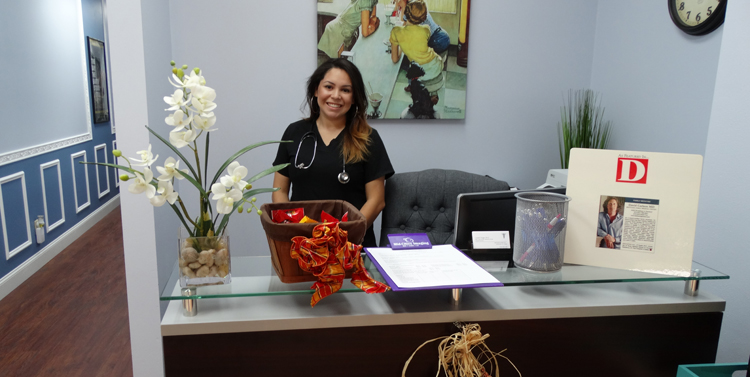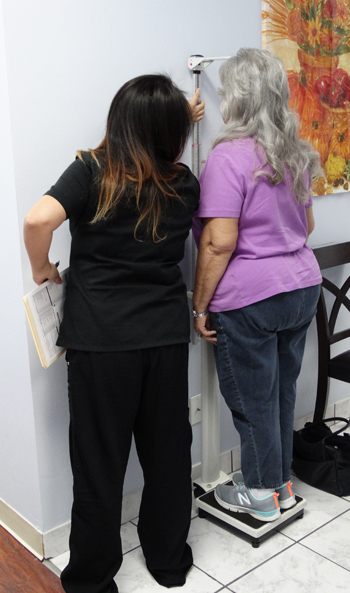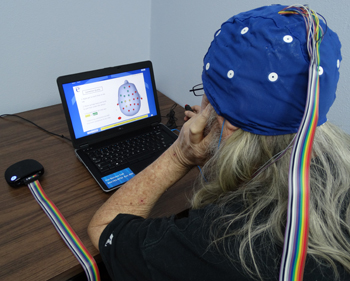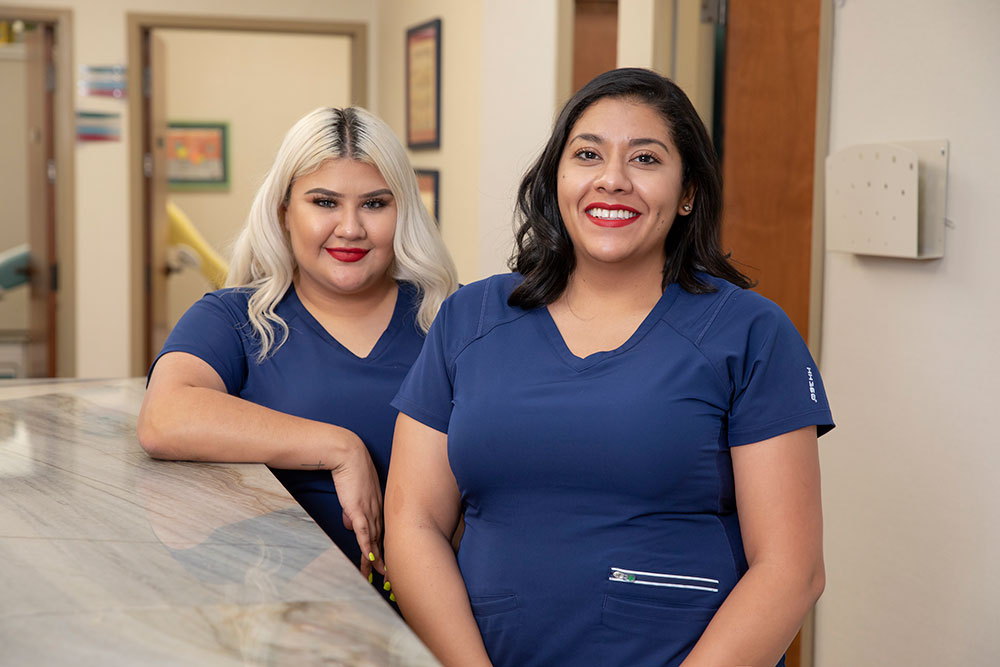Staying healthy and extending your life after age 65 not only requires some preventative maintenance but preemptive checking to catch problems in the earliest possible stages while it is still possible to fix them.

The Annual Wellness Visit is not a standard “physical,” conventional checkup, or fix when you are sick. The result of a Wellness Visit is a proactive plan for your preventive care in the coming year to help you achieve optimal wellness.
Medicare has replaced the traditional “Annual Physical” with
- Welcome to Medicare Visit within the first 12 months of your enrollment
- Initial Annual Wellness Visit – must be at least 11 months after the Welcome to Medicare visit
- Subsequent Annual Wellness Visit – performed every year but must be at least 12 months after the last Annual Wellness visit
Traditional Medicare does not include any lab work for these visits. They require us to collect and conduct a thorough review of medical history and current chronic conditions—but no treatment or labs.
Important: Many Medicare Advantage Plans will pay for a traditional Annual Physical that includes lab work, but Medicare does not.
What to Expect
We’ll ask you to fill out a health-risk assessment questionnaire covering your medical history and lifestyle. Next we’ll record your height, weight, and body mass index (BMI).
Medicare and the Medicare Advantage plans want us to conduct a review every 12 months and to compare year after year to see if patients have lost any ground in their cognitive and/or physical skills.
We are happy to collect this information as part of another regular visit and review the results at another time, as well as schedule any necessary tests or services. We’ll ask you to fill out a health-risk assessment questionnaire covering your medical history and lifestyle and record your blood pressure, height, weight, and body mass index (BMI).
You’ll get expert advice on vital aspects of your health, including:
- How to ensure healthy brain function
- How to prevent shortness of breath
- Tips for maintaining and improving your memory
- Home exercise program anyone can do
- Ways to improve your health
- How to manage your blood sugar levels by what you eat
- How to divide your plate to ensure correctly sized servings
The services you receive as part of your interview depend on your personal health, family history, age, and Medicare coverage eligibility. If warranted, you may be invited back for diabetes testing or brain function testing.


Brain Function Check
Your brain is your most important organ since it serves as the headquarters of your nervous system and controls all parts of the body. Brain heath can result in anxiety, attention issues, depression, forgetfulness, injury, pain, sleep issues and stress.
The test is interesting and takes about 45 minutes. You’ll do a series of exercises on a computer while wearing an electroencephalography (EEG) cap, similar to a swim cap, that painlessly monitors your brain’s electronic activity.
This test can detect the presence of enzymes collecting to the detriment of brain health. This can give about 10 years advance warning on conditions which today can be halted with early detection, including memory loss, stress-related issues, depression, and cognitive impairment—including conditions such as Alzheimer’s or dementia.
Dr. Carlson can use neurotherapy to safely target specific areas in your brain that are not performing optimally to get them to naturally “fire and wire” together.
Cardio-Pulmonary Check
This 6-minute, non-invasive test accurately evaluates your cardiopulmonary health, to safeguard the function of heart and lungs. Over the past decade, direct measurements that quantify breathing efficiency have emerged as leading predictors of risk in patients with heart failure.
Small Nerve Damage Check
This test, called a “SudoScan,” measures small nerve damage in your hands and feet that can happen early in diabetes. The object is to identify your risk and preventative actions through the definition of a health and lifestyle program.
The Ankle Brachial Index Check (ABI)
By comparing the blood pressure in your lower legs against the blood pressure in your arms we can discover if you are at risk for peripheral artery disease (PAD) in the blood vessels of your legs. Plaque, if allowed to build up in arteries, can hinder blood flow. This test can help you avoid pain, numbness and amputation. If disease is detected, a stent can be put in to restore blood circulation.
Lifestyle Change Check
During your visit, we’ll review your functional ability and level of safety. For example, how safe is your home? Are you at risk from falling on wet floors, shower stalls, or stairs? Are there hazards you might trip over such as torn carpeting or clutter in the garage? Do you have any vision or hearing impairment that might contribute to a car accident? We will assess all such activities including your ability to perform the daily activities of living such as bathing yourself and getting dressed.

Based on your answers, we’ll supply advice and even referrals to health education or preventive counseling services, or programs designed to eliminate risk factors and promote wellness such as weight loss, physical activity, smoking cessation, fall prevention, and nutrition.
If changes in diet or fitness are recommended, or if you need to quit smoking, we can help with support and guidance for your progress.
What Medicare Covers
Whether you have original Medicare or a Medicare Advantage Plan, your once-yearly Annual Wellness Visit at Bestcare is covered with no coinsurance, copays, or deductible.
Cardiovascular Screening
More than 68 million Americans currently have one or more forms of cardiovascular disease. Many more are said to be at risk for developing the disease. Our assessment embraces all the scientific, clinical and public health disciplines that address the causes and prevention of cardiovascular disease, as well as cardiovascular rehabilitation and exercise physiology. Come in now to discover whether you are at risk and what that actually means.
Medical Records
We maintain secure digital files and extensive hardcopy medical records with notes from Dr. Carlson for all patients, providing vital insight. If knowledge is power, medical knowlege means greater power to prevent, dianose and heal illnesses… something you can’t get from an emergency room or commercial walk-in clinic where you enter as a stranger. There is just no subsitute for a family practice where the doctor knows you.
